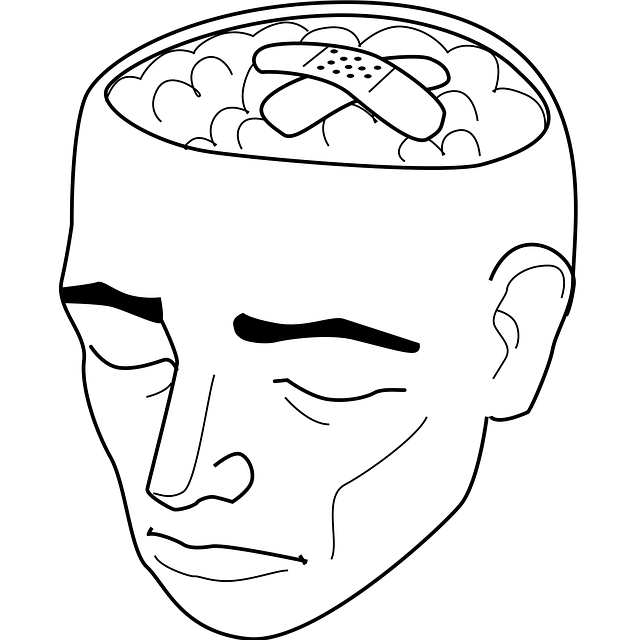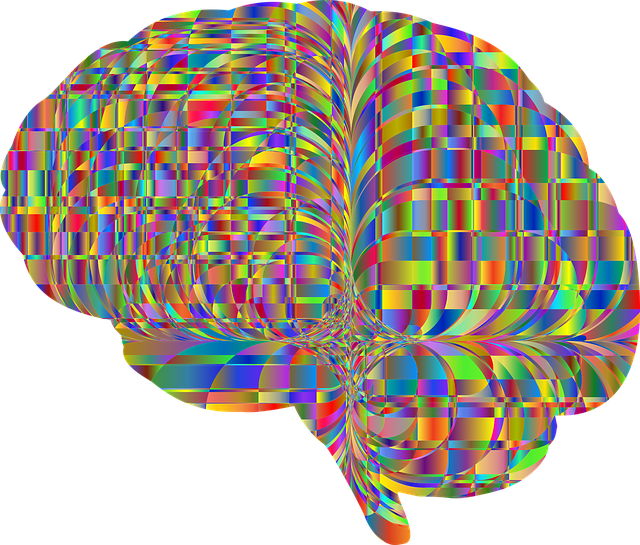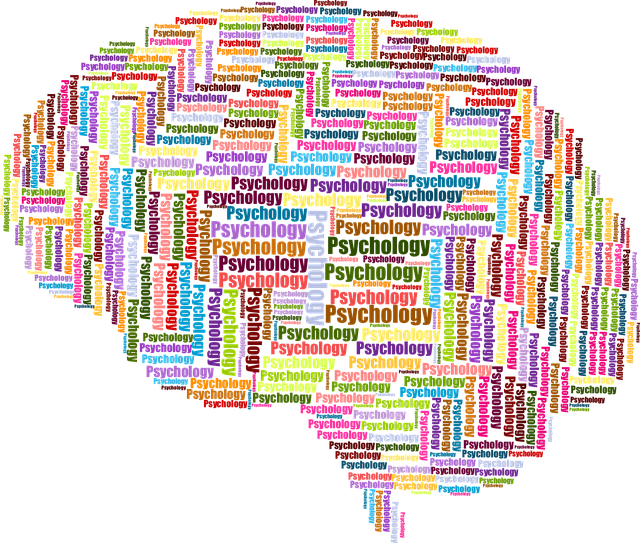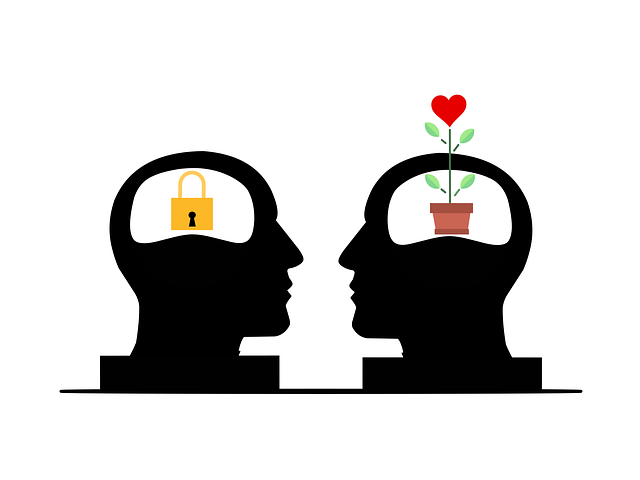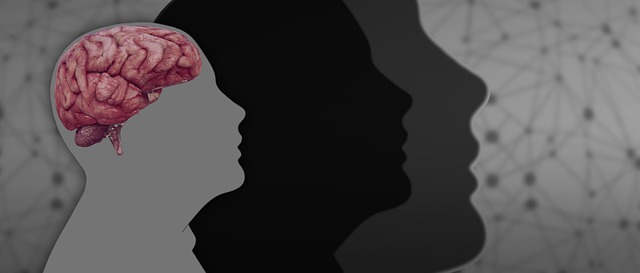Mental wellness is a vital aspect of health for elders in diverse international communities, addressing emotional, psychological, and social well-being. Global challenges include prevalent mental health issues like depression and anxiety disorders, exacerbated by cultural barriers and limited access to therapy. Community outreach programs with self-awareness exercises and support groups have proven effective in enhancing resilience among older adults through connections, education, and safe spaces. Key strategies focus on emotional well-being promotion and cater to the unique needs of elders internationally adopted, including access to specialized Therapy for Elders International Adoptions. Prioritizing self-care is essential for managing stress, cultivating positive thinking, and maintaining inner peace during transitions like adoptions. Developing personalized routines that include introspection, exercise, mindfulness, social connections, healthy eating, and setting boundaries, with support from mental wellness coaching programs and workshops, fosters mental wellness and resilience.
Mental wellness is a vital aspect of overall health, especially for elders worldwide. This article explores the significance of self-care routines in promoting resilience and wellbeing among older adults, focusing on international perspectives. We delve into the impact of mental health challenges unique to elders and present practical strategies for developing personalized self-care practices. By integrating self-care into daily lives, we can enhance mental wellness and provide a global support network for elders through therapeutic interventions.
- Understanding Mental Wellness and Its Impact on Elders Internationally
- The Role of Self-Care in Promoting Resilience and Wellbeing
- Strategies for Developing a Personalized Self-Care Routine
- Integrating Self-Care into Daily Life: Tips for Sustaining Mental Health Practices
Understanding Mental Wellness and Its Impact on Elders Internationally

Mental wellness is a vital aspect of overall health, especially for elders in diverse international communities. Understanding mental wellness involves recognizing that it encompasses emotional, psychological, and social well-being. The impact of mental health issues on the elderly population globally is significant, with depression, anxiety disorders, and cognitive decline being prevalent concerns. These conditions can be exacerbated by cultural barriers, loneliness, and a lack of access to appropriate therapy for elders internationally adopted into new societies.
The concept of emotional well-being promotion techniques takes on added importance when addressing mental wellness among older adults. Community outreach program implementations that incorporate self-awareness exercises and support groups have shown promise in enhancing the resilience and overall mental fortitude of this demographic. By fostering connections, providing education, and offering safe spaces, these initiatives can help elders navigate the challenges they face while promoting a sense of belonging and purpose.
The Role of Self-Care in Promoting Resilience and Wellbeing

In today’s fast-paced world, self-care is a vital tool for navigating life’s challenges and fostering resilience. For elders, international adoptions can present unique stressors, making the integration of comprehensive self-care practices even more crucial. Engaging in regular self-care activities not only enhances overall wellbeing but also serves as an effective buffer against mental health issues like anxiety. By prioritizing self-nurturing, individuals can cultivate a sense of inner peace and equilibrium, enabling them to better cope with life’s twists and turns.
Therapy for Elders International Adoptions plays a significant role in promoting self-care by offering specialized Mental Health Education Programs Design tailored to address the unique needs of adoptive families. These programs empower individuals with strategies to manage stress, cultivate positive thinking, and find moments of tranquility amidst the hustle and bustle. Ultimately, integrating self-care into daily routines fosters resilience, allowing elders to thrive both personally and interpersonally, regardless of their adoption journey.
Strategies for Developing a Personalized Self-Care Routine

Developing a personalized self-care routine is a journey unique to each individual. It involves introspection and understanding one’s needs, especially for those navigating life transitions such as international adoptions or seeking therapy through organizations like Therapy for Elders. Start by identifying your triggers—what causes stress, anxiety, or emotional turmoil. This could be work-life balance issues, caregiving responsibilities, or cultural adjustments in the case of international adoptions.
Next, incorporate self-care practices that resonate with you. This might include engaging in regular physical activity, practicing mindfulness through meditation or nature walks, cultivating social connections, adopting a nutritious diet, or setting boundaries to protect your mental space. Consider enlisting the help of Mental Wellness Coaching Programs Development or participating in Stress Management Workshops Organization for guidance and support. Crisis Intervention Guidance can also be beneficial during challenging periods. Tailor these strategies to fit your lifestyle and preferences, ensuring that your self-care routine is sustainable and promotes long-term mental wellness.
Integrating Self-Care into Daily Life: Tips for Sustaining Mental Health Practices

Integrating self-care into daily life is a vital step towards maintaining and enhancing mental wellness, especially for those navigating unique circumstances like international adoptions or dealing with age-related challenges. For elders adopting children internationally, establishing consistent self-care routines can be transformative. It allows them to manage the stress and emotional demands of this significant transition while fostering a sense of stability and resilience.
Implementing practices such as therapy, community outreach program participation, and mental wellness journaling exercises can significantly contribute to mood management. A simple yet powerful tool is keeping a journal where individuals can express their thoughts and feelings daily. This practice encourages self-reflection, helps identify patterns, and promotes emotional awareness—all of which are crucial for maintaining mental balance. By incorporating such activities into their routines, elders can ensure they prioritize their well-being alongside their new family’s integration.
Mental wellness is a vital aspect of overall health, especially for elders worldwide. By understanding the impact of mental health on this demographic and adopting personalized self-care routines, we can enhance their resilience and overall wellbeing. The strategies outlined in this article provide a roadmap for creating sustainable practices that cater to individual needs. Through integrating self-care into daily lives, we can foster thriving communities and improve the mental wellness of elders internationally, ensuring they receive the support and therapy they deserve.


